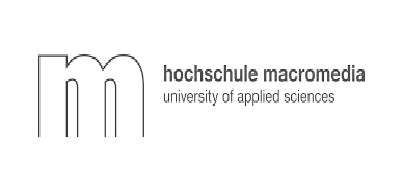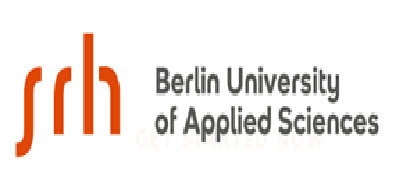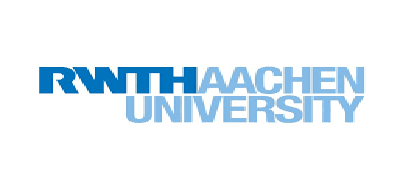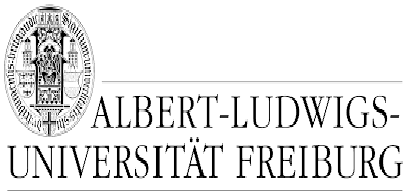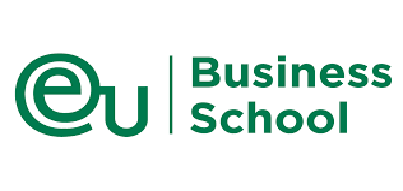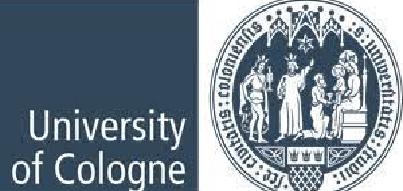Contact Information
Study In Germany

Germany is a federal country. German higher education sector is regulated partly at federal, but predominantly at state level.
In Germany, higher education is offered at three types of Higher Education Institutions.
The institutions of higher education are to be made more efficient by according them further autonomy, allowing them to build an individual profile in a particular area and encouraging more competition. Further reforms concerning the staff structure and recruitment requirements for professors were introduced through the Act's amendment in 2002. An alternative to institutions of higher education is provided by Berufsakademien. These professional academies have taken the principle of the dual system of vocational education and training and applied it to the tertiary sector.
Intakes:Two dates you should mark red in your calendar: January 15th and July 15th. If you wish to begin your studies in the winter semester (October) the submission period is from the beginning of June to 15th July. If you rather prefer to start your studies in the summer semester (April) the submission period is from the beginning of December to 15th January.
Requirements:In Germany, every university is autonomous. This means that every university / study programme has its own set of criteria for admitting students. So please check the university website and specifically the programme you are interested in to find out the exact admission requirements. As a four-year Bachelor degree holder from Bhutan, India or Nepal, you are generally eligible to apply for a Master programme. In case you have a three- year Bachelor degree, do get in touch with the course coordinator / international Office of the selected university. Most universities will ask for your scores in English language proficiency tests such as TOEFL or IELTS. Additionally, GRE/ GATE/GMAT scores may be required depending upon the subject you choose to study. For example, GMAT may be asked for if you want to study management, economics or law. Universities will ask for very good German language skills in case you want to take up a programme in German medium. In such case, your knowledge of German needs to be certified through examinations like the TestDaF or DSH. IELTS is a standard test required for programs that have English as a medium of instruction.
Admission to Undergraduate Studies:Students applying for an undergraduate course in Germany have to undertake a one - year bridge program. This is to compensate for 13 years of school education in Germany compared to 12 years in India. In order to be eligible for this bridging course, students from India are required to have an excellent academic record up to Senior Secondary Level (10 + 2), and must have basic knowledge of the German language (G III Level of Max Mueller Bhavans).
After completion of the bridge program, Indian students are required to pass an assessment test in order to get admission into a German institution for the equivalent of the Bachelors degree. Students who have cleared the IIT Joint Entrance Examination (JEE) will be exempted from the assessment test.
Students who have successfully completed two years of undergraduate studies are also exempted from the assessment test. However, they have to prove their proficiency in the German language.
TestAS Exam:TestAS is an aptitude test for foreign applicants from non-EU countries who want to undertake undergraduate studies at a German university. It assesses cognitive abilities that are particularly important for a successful course of studies. It does not require any specialist knowledge. Neither does it measure any aspects of personality, motivation or interest. The TestAS is available in two different formats: paper-based and digital. Both versions are offered three times a year.
TestAS results will help you make informed choices. After the test, you will be able to realistically assess your chances of successfully completing your studies. You will also find out how you stand in comparison to other test takers and you become acquainted with typical requirements of the course of studies you are applying for. You can access your results about four weeks (paper-based TestAS) or two weeks (digital TestAS) after the test by logging into the TestAS website for test takers with your user name and password. You will not receive special notification when the results are uploaded.
Admission to Postgraduate CoursesGerman universities have recently introduced international courses leading to a Master's degree. Some courses begin with English as a medium of instruction. Students need an Indian undergraduate degree to qualify.
Some universities also accept the three years Indian Bachelors degree.Admission to PhD Courses
Like in many other countries international students must have a Master's Degree, and must have identified a professor in Germany who is willing to act as their doctoral guide.
The German Academic Exchange Service provides support for German and international students to
study
abroad, in the form of scholarships for German and international students, academics and
researchers. These
are available for all levels of study, and you can search based on keywords, study level, country
of origin and
subject.
The DAAD (German Academic Exchange Service) is the largest German funding organization for
international
academic cooperation and is, therefore, the largest scholarship provider for international
students looking to
study in Germany. It finances approx. 150,000 fellows per year. The DAAD is a private entity
funded by the
federal government and has many different scholarships and grants geared towards international
students
looking to come to study in Germany. It is an association of German universities and student
representatives
that advocates for the internationalization of the German Higher Education landscape. The
organization is
politically and ideologically neutral.
Another useful resource comes from the Federal Ministry of Education and Research (BMBF: Bundesministerium für Bildung und Forschung) which hosts a site dedicated to scholarships in Germany.
Germany is a popular study destination and depending on students’ home country or where they come from, they will need a student visa to be eligible to study at German universities. To enter Germany, students need a visa depending on the purpose of their visit. If they intend to come to Germany for educational purposes for the long term, they must apply for a German national visa.
The visa is issued when the student is assessed to be a genuine student, who intends to undertake further studies in Germany, abide by visa conditions, and depart on completion of the course. The student should convince the visa officer that his German language skills are adequate for the course he/she is undertaking. That the course is relevant to his/her current academic/ professional status. That he/she will comply with visa conditions and leave Germany after completion of the course. However, they must remember that there are three types of student visas depending on the nature of their study programme:
German Student Visa: This visa is mandatory for students who have been accepted into universities in Germany for long-term courses. They must also register themselves in the Foreign Registration Office near the place of their residence in Germany within two weeks to get a residence permit.
German Student Applicant Visa: This visa is valid up to six months from the student’s date of arrival in Germany. A student applicant visa is issued to those candidates who have not yet received the admission offer and wish to be present in person at the university for admission procedures or entrance tests.
German Language Course Visa: A language course visa is issued to international students who plan to pursue a German language course lasting between three to twelve months. Students can apply for any of these visas according to the choice of their study programme.
What are the requirements to get a German student visa?To get a German student visa, the student must fulfil the following requirements:
Blocked Account: The Blocked Account (Sperrkonto) is a special type of bank account required by German law for many internationals to secure their German visa. Suppose you are moving to Germany for university studies, language courses, preparatory courses (Studienkolleg), job search, and more. In that case, a Blocked Account allows you to prove sufficient financial resources during your stay in Germany. For providing proof of financial resources, students can open a blocked bank account to show that they can meet their living expenses in Germany. If they have any scholarships from universities or sponsors to provide them with financial support, they must show that in the resource section.
*An APS certificate has been made mandatory for students from November 1st, 2022, to ensure that the educational certificates and language certificates they provide are valid and foul-free.
With all these documents ready in hand, students can submit their application for a student visa at the German embassy in their country. It usually takes around 25 days to process the application if all the documents are error-free. Sometimes it may take up to three months to receive the final approval, so students must make sure that you apply a few months before their estimated date of departure.
 Completing IB, GCE or similar
internationally recognized examination with the requisite
subject combination
Completing IB, GCE or similar
internationally recognized examination with the requisite
subject combination


